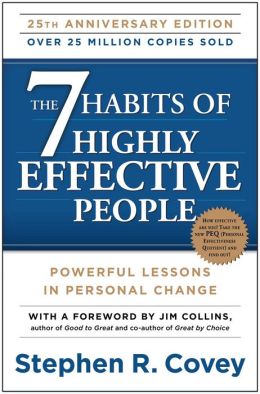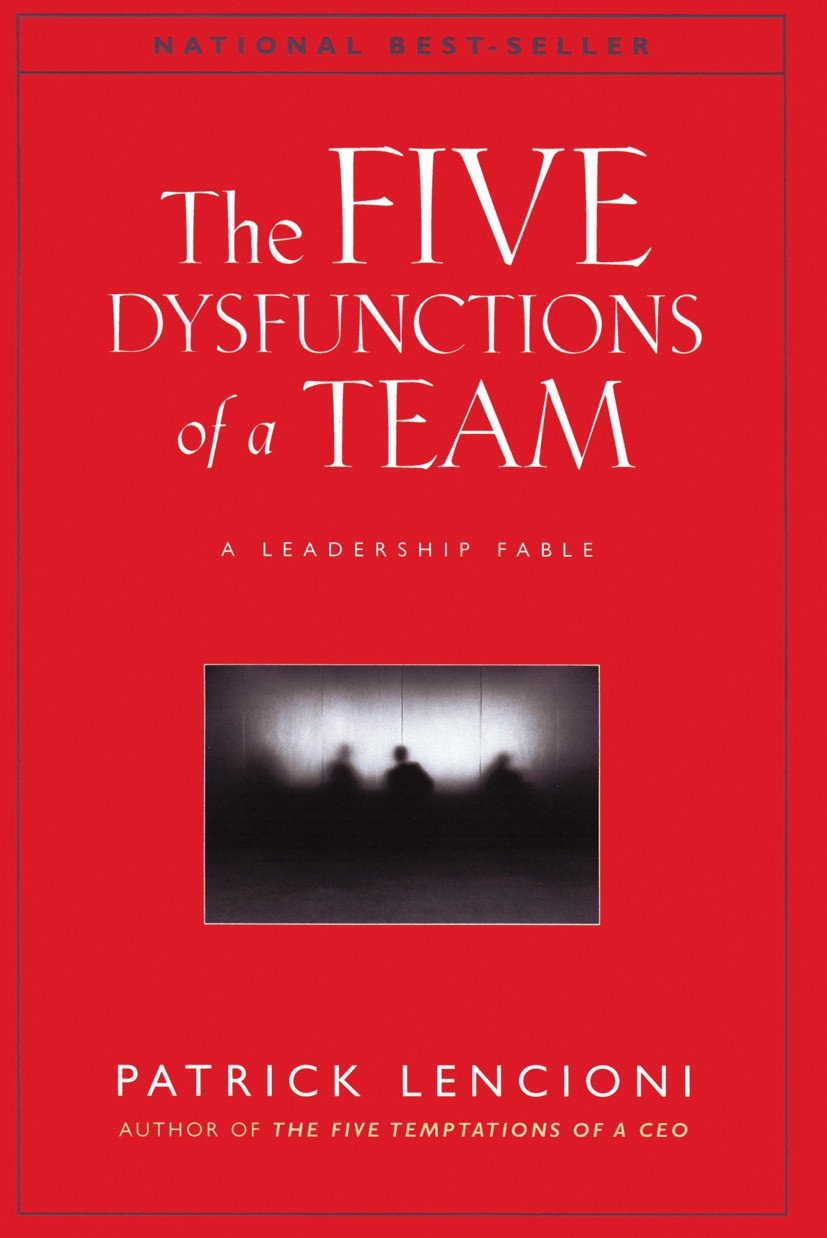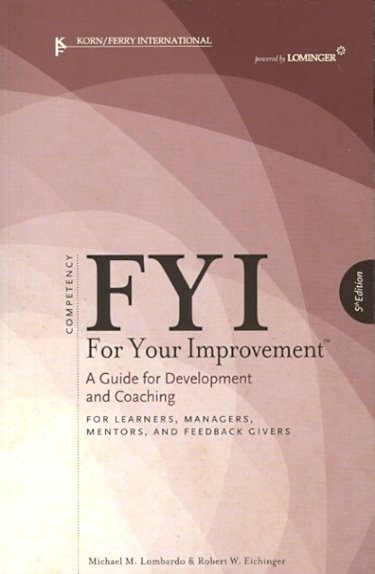Private Victory
Developing the Habits for Private Victory will help you gain independence. By taking full responsibility for the things you can control, you will experience a greater degree of freedom from having to be told what to do.
For success in this area, Covey identifies three habits that effective leaders develop. They are:
- Habit #1: Be Proactive
- Habit #2: Begin with the End in Mind
- Habit #3: Put First Things First
When I was first introduced to Covey's 7 Habits, I was curious as to why they are listed in this order. They are not linear, they are interconnected. But the order matters.
Mastering these habits can seem daunting at first, but making the commitment to doing so will position you for developing your ability to work interdependently.

Be Proactive
Habit #1 is "Be Proactive."
Being proactive is the opposite of being reactive. It means you engage in purposeful action, rather than acting based on how you feel.
Being proactive helps to get you closer to your goal. It requires delaying gratification in the short-term so that you can obtain substantial gratification in the longer-term. Benefits such as achieving meaningful goals.
Being proactive requires you to:
- Focus on your goal
- Follow-through on your commitments and
- Follow-up on "loose ends."
Developing your ability to follow-up AND follow-through will get you closer to the finish line.
Your actions have consequences: either positive or negative. And being proactive usually brings about positive results.

Begin With the End in Mind
The second Habit is: "Begin With the End in Mind."
I did quite a bit of travelling during my days in Internal Audit. Each time I boarded a plane; I knew my destination before leaving the ground.
My goal? Reach the right destination safely and on time.
Have you ever attempted to reach a goal without first determining what you wanted to do? Or have you ever started on a journey because you thought it was a great idea, but you neglected to establish the end-goal first, before taking off?
Of course. We all have. Me included. But experience and getting results I did not want, helped me quickly realize that it is indeed a good thing to begin with the end in mind. In doing so, I increase my odds of reaching the right destination.
This is how one person did it: Read it here: Print. Listen to it here: Audio.
She began with the end in mind! At performance review time it paid huge dividends in the form of a rating of exceeds expectations and increase in pay.
Put First Things First
The third, and final, Habit in Private Victory is: "Put First Things First."
In a nutshell it is the practice of keeping the main thing the main thing.
Not procrastinating, which is "putting off until later that which would best be done today."
At times I will put the cart before the horse, but if I slow down and think things through, I won't stumble all over myself.
There is a certain order in the progression of things. Keeping that order helps to advance you closer to your goal. Getting things out of sync results in delays, and possible dead ends.
Keep this in mind: "Procrastination is not your friend. If you persist in it, you cannot win."

Private Victory in a Nutshell
In my estimation, John C. Maxwell described the essence of Private victory with these words: "Great leaders sift through the many things that demand their time, and they discern not only what needs to be done first, but also what doesn't need to be done at all."
Coach Gwen's Corner
If I put you on the spot and asked you to rate yourself in this area, how would you rate yourself?
On a scale of 1-5 (5=High, 1=Low), how would you assess yourself on the following habits:
- Be Proactive
- Begin with the End in Mind
- Put First Things First
If you rated yourself "4" or below on either one of the habits listed above, you can take action today to improve your skills in these areas.
One way is to objectively assess your effectiveness. Read on to find out how.
Assess Your Effectiveness
If you have not assessed your effectiveness lately, now is the perfect time to do so. Find out more about the effectiveness quotient and how it may benefit you in your growth and development.
Just follow the directions by clicking the "button" below.
Is Your Boss Your Advocate?
I am fortunate that I've had great bosses. They were in my corner and were very supportive. But I realize that may not be your reality. If not, you may want to check out the Boss Relationship Worksheet below.
I have used it when starting a new role and when I run into a tough spot with one of my bosses. It helped me clarify the nature of the relationship, identify what's working and what's not, and possible steps I could take to improve our working relationship.
Improve Your Relationship with Your Boss
Are you looking to improve your relationship with your boss? If so, the Boss Relationship Worksheet will help you better understand and communicate more effectively with your immediate supervisor.
To download your copy, submit your information on the form below.
After completing the Boss Relationship Worksheet, you will find that the following will prove helpful in showing you how to cultivate a better working relationship with your boss:
These May Be of Interest
- The 7 Habits
- Public Victory
- Effectiveness Quotient
- Six Paradigms of Human Interaction
- Contact Coach Gwen
- Go to Home
 |
I published my first book and I am beyond excited.
Get your FREE copy of Called to Lead!
ORDER PRINT HERE
Leaders don't
create
followers.
Leaders
create
other
leaders.
- Tom Peters














